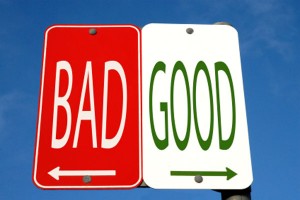 Will Curated Content Help or Hurt Your SEO?
Will Curated Content Help or Hurt Your SEO?
Website owners and operators typically believe that having more content on your site is better for SEO purposes, as it gives you more chances to use keywords and create valuable links. But this has changed recently as Google has instituted measures to make the quality of content as important and its quality and to punish websites that have spammy, low-quality content on their site. Having large amounts of low-quality content on your site actually serves as a negative ranking signal for Google and can lead to penalties with your search ranking.
An example of this is performing content curation on your website as an SEO tactic. This can mean creating pages with resources on a category related to your business or having a blog that posts links to relevant outside news articles. On the surface, this is a way to add content to your site and help your search ranking. But the truth is that it might not help you at all.
Google’s Matt Cutts recently answered a question relating to sites that curate content or post duplicate content. The gist was that only sites that are of the highest publishing quality will get a benefit from curating content. This means sites like the New York Times’ website that have a highly recognizable brand based on their content. It’s difficult to have something published in the New York Times and the content is curated by professional editors.
In fact, if you curate content using an algorithm or other automated process, Google might actually punish you. This is because this is essentially what Google does with their search engine results, only they likely do it better. Google sees automatically-generated curated content pages as inferior forms of competition and punishes them.
Most sites will fall somewhere in the middle of this spectrum. This means that while you might not get punished for having curated content on your site, you likely won’t see many benefits. This can change if you do some things to make your curated content stand out and create signals to Google about the quality of your pages. Getting commentary from experts in your field and using the rel=author tag will increase your credibility in the eyes of Google. If you can pull data from sources that are not available to Google or post content quicker than Google, you also will be seen as providing something of unique value through your curated content.
